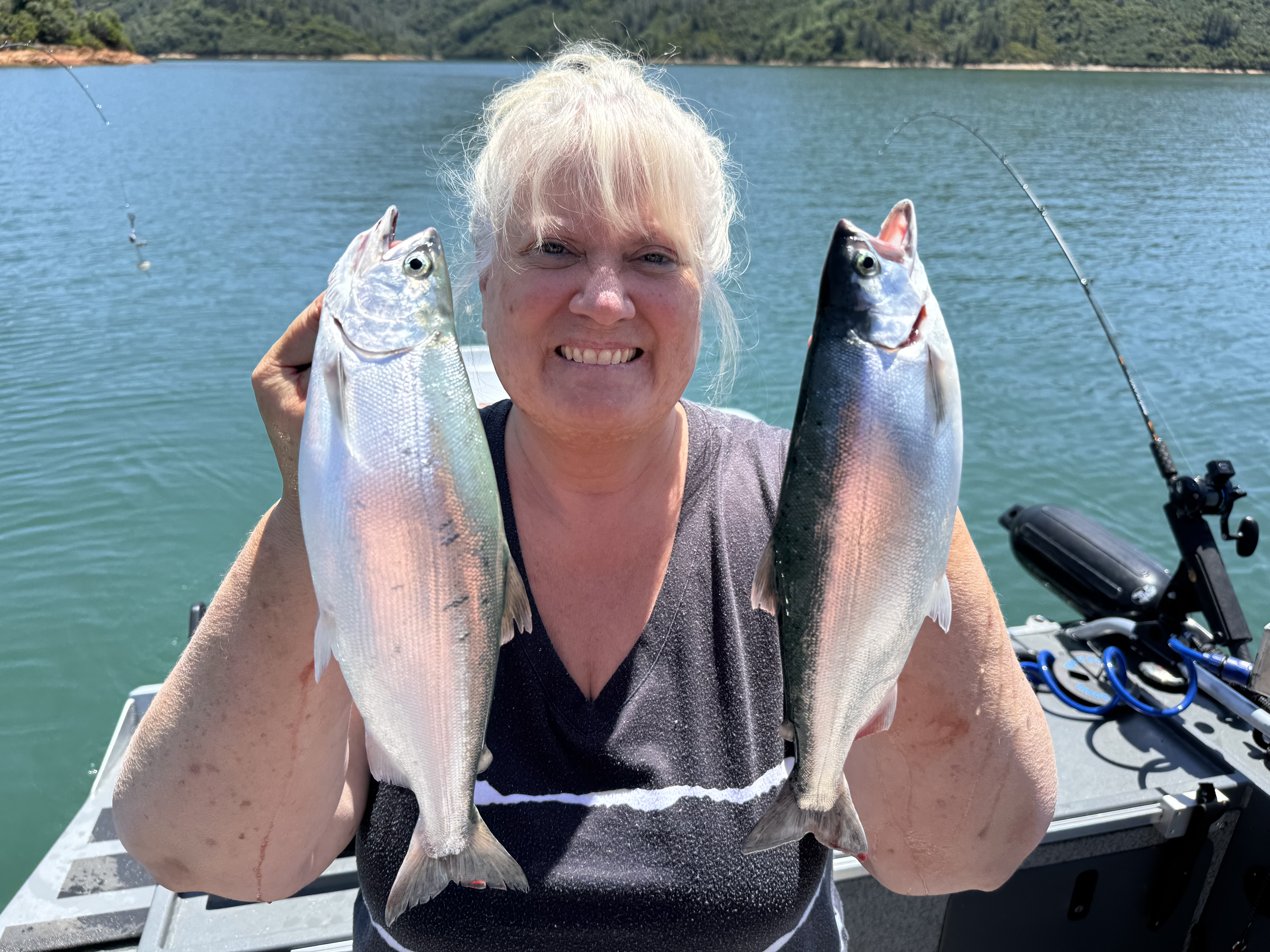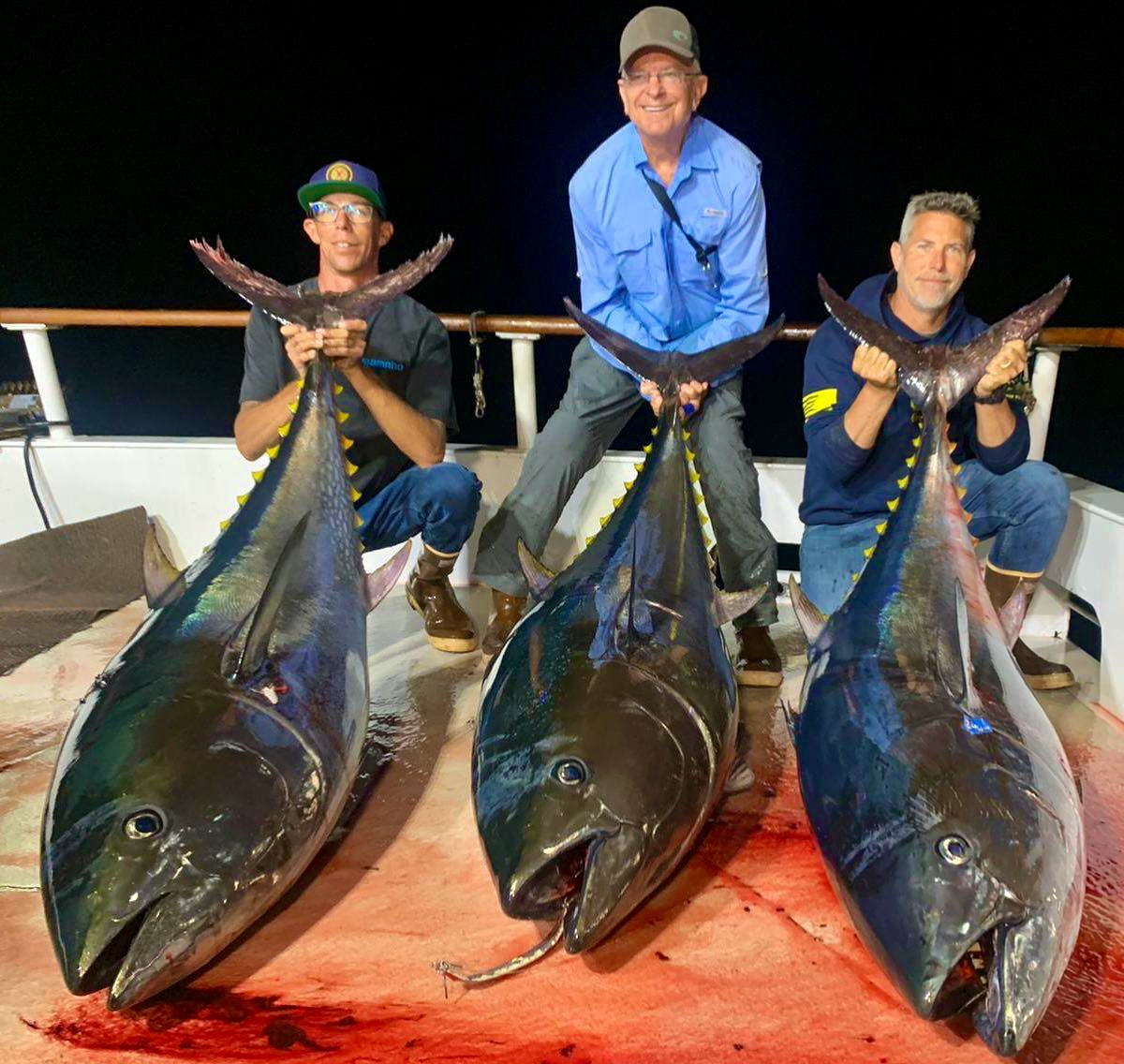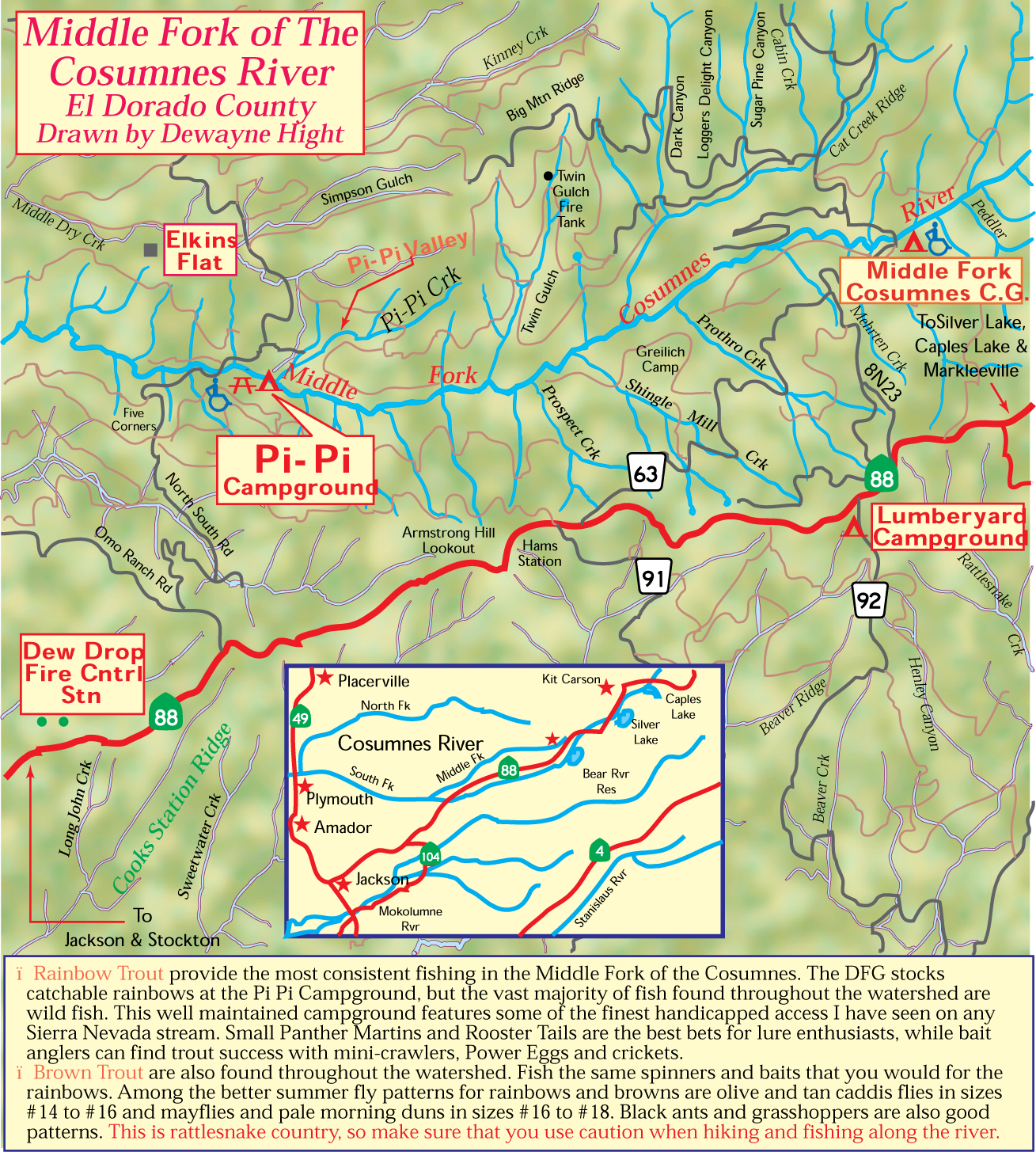
Shasta Lake Fishing Report
Shasta Lake Kokanee Bite Explodes!! Rob Hower of the Shasta area gave us this report: Shasta lake has just hit the 70 degree top water temperature in the morning. The lake has started dropping wate...
Read MoreCheck out the new Issue of The Fish Sniffer magazine for June 5, 2025
In this issue of The Fish Sniffer, we bring you the real state of early summer fishing in northern California. Lakes like Shasta, New Melones, and Berryessa are producing fast trout, kokanee, and bass action for both trollers and bank anglers. Pyramid Lake is really getting good for trollers with Lahontan Cutthroat caught up to 18 pounds, and the American and Feather rivers are featuring a fast shad bite throughout the systems.
The golden mussel problem is still impacting boaters all over the state and has caused major boat launch closures and strict new inspection and quarantine rules at Folsom, Camanche, Pardee, New Melones and Berryessa—shifting many lakes to rental or hand-launched craft only. The recreational salmon season will open in the ocean this week, and there will be a very limited river salmon season starting in July.
All you need to know about fresh and saltwater fishing in Northern California is now available in the new issue of The Fish Sniffer Magazine!
This month’s Fish of the Month goes to Jack Naves, who wrestled a sleek 26-inch striped bass out of Sacramento’s urban stretch at dawn. Landing the linesider on chicken livers amid freeway hum and train horns proves top-tier action lies minutes from downtown, not miles up-river. If you have a couple of early hours, anchor on that inside bend and join the run before these hard-charging stripers bolt back to sea.
Fresh insights from California's premier fishing destinations.
Your source for real-time fishing conditions and expert tips.

Shasta Lake Kokanee Bite Explodes!! Rob Hower of the Shasta area gave us this report: Shasta lake has just hit the 70 degree top water temperature in the morning. The lake has started dropping wate...
Read More
Monterey Bay Shallow Water Rockfish Bite On Local Reefs MONTEREY – Anglers boarding party boats out of Monterey are catching limits of rockfish on most trips in shallow water reefs off the Monterey ...
Read More
Delta Tunnel opponents slam Gov. Newsom's revised budget plan to fast-track project SACRAMENTO - Sacramento — Governor Gavin Newsom in May announced, as part of his May Budget Revise, a controversia...
Read MoreDiscover California's premier fishing destinations with our comprehensive collection of detailed maps. From hidden mountain lakes to productive coastal waters, find your next adventure with precise coordinates, access points, and local insights.
